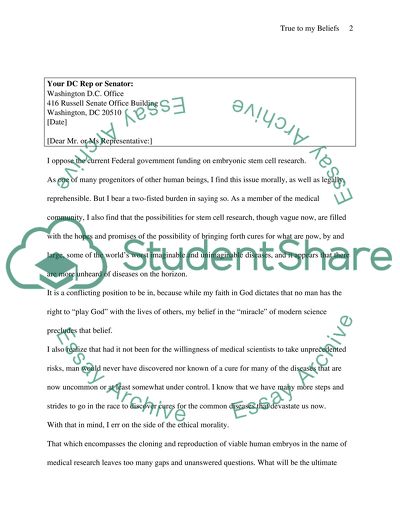Cite this document
(“The Pro-life Stance on Stem Cell Research Personal Statement”, n.d.)
Retrieved from https://studentshare.org/biology/1522810-the-pro-life-stance-on-stem-cell-research
Retrieved from https://studentshare.org/biology/1522810-the-pro-life-stance-on-stem-cell-research
(The Pro-Life Stance on Stem Cell Research Personal Statement)
https://studentshare.org/biology/1522810-the-pro-life-stance-on-stem-cell-research.
https://studentshare.org/biology/1522810-the-pro-life-stance-on-stem-cell-research.
“The Pro-Life Stance on Stem Cell Research Personal Statement”, n.d. https://studentshare.org/biology/1522810-the-pro-life-stance-on-stem-cell-research.


